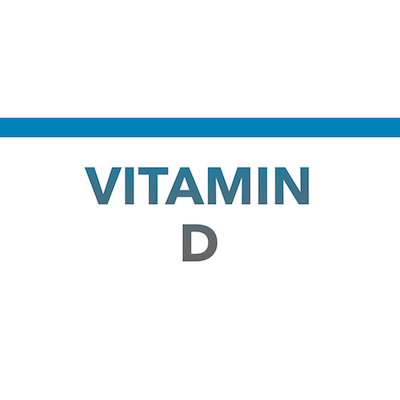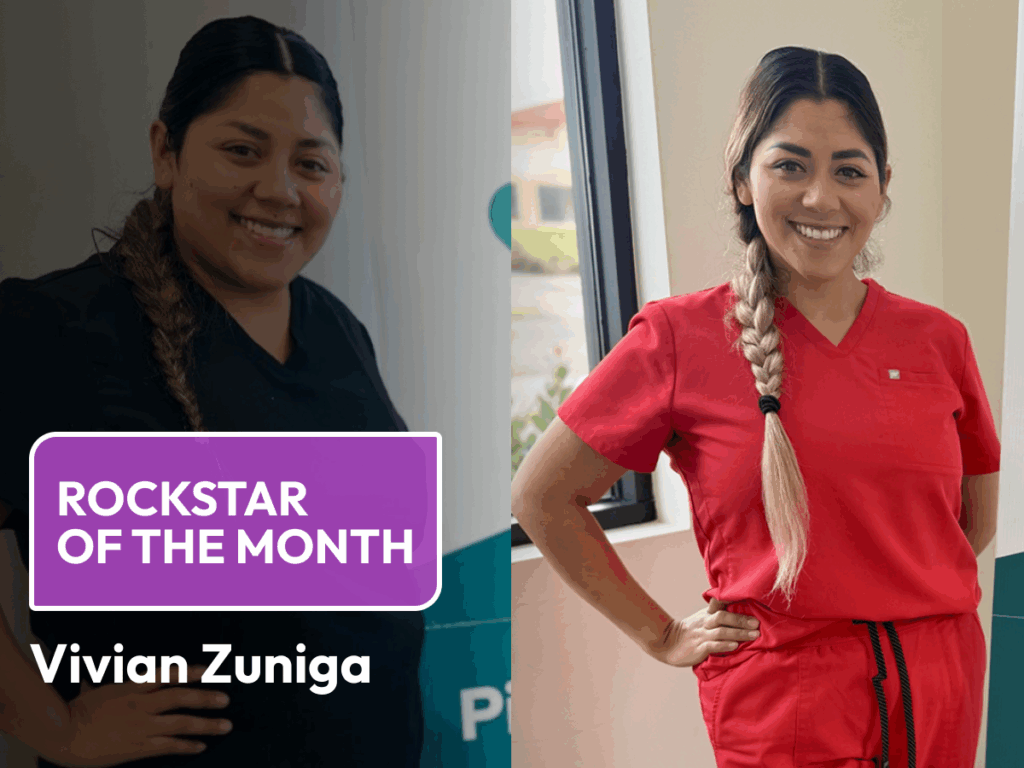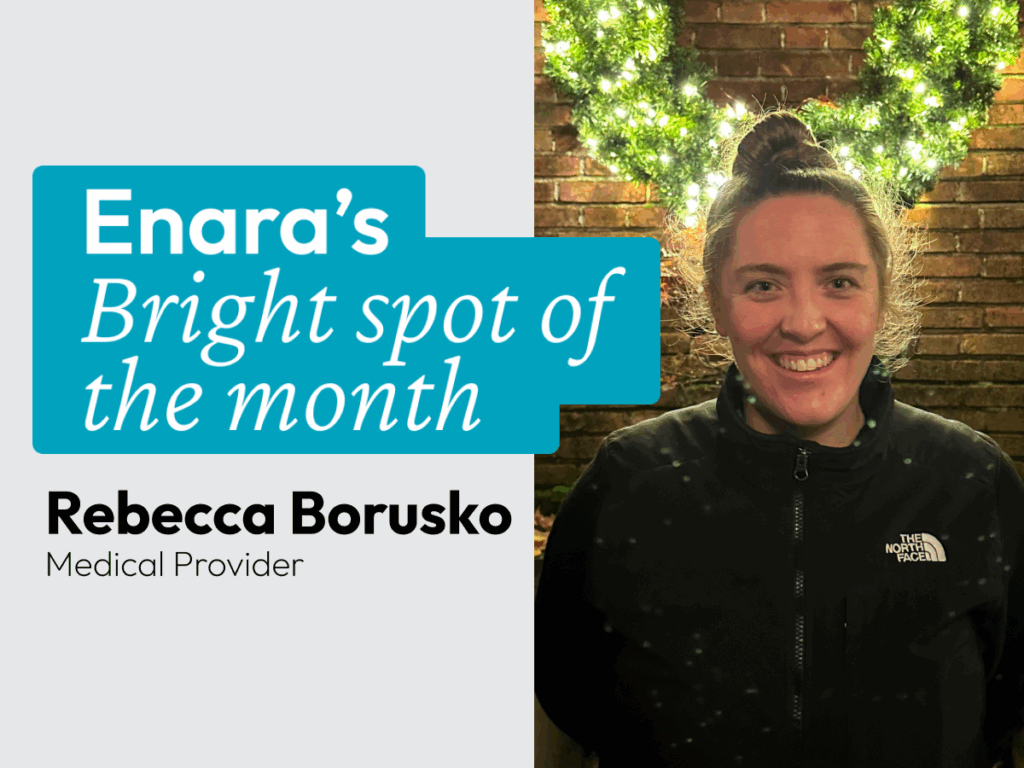What is Vitamin D and what does it do?
Our bodies require vitamins for healthy organ function in order to fight off illnesses. Vitamin D is needed to build and maintain strong, healthy bones. How do we get it? Our bodies make Vitamin D from sunlight but you can also get it from supplements. Small amounts are naturally present in some foods. But how does it affect our health? How much do we need? What foods contain Vitamin D?
Vitamin D is responsible for promoting the absorption of calcium in the blood, bones and gut. Calcium and phosphorus are vital for proper bone structure development and we need Vitamin D in order to absorb these minerals. It also helps with other bodily functions such the immune system and our ability to fight off diseases, the respiratory system for healthy lungs and brain development.
Our bodies make Vitamin D when skin is exposed to the UVB radiation in sunlight. Getting enough Vitamin D is typically easier in the Spring, Summer and Fall months when the sun is more present. In contrast, in the winter months, it is more common for Vitamin D deficiencies to occur. You can find small amounts in few foods to include salmon, canned tuna, cod liver oil and egg yolks.
Keep in mind that dairy products and many cereals that advertise as great sources of Vitamin D, are often “fortified” with Vitamin D, meaning extra nutrients have been added. Sure fortified foods have been a great way to get in those extra micronutrients and if it’s as easy as a cup of milk with our cereal then why not? It’s important to note that these foods are heavily processed as the synthetic form of the nutrient is often used. It’s best to go for foods that are naturally nutrient rich. Talk with your doctor about your recommended Vitamin D level intake and supplementation.



